Bowers & Wilkins PI7 S2 review: a new level of premium?
B&W's second-gen true wireless earbuds are premium yet pricey in-ear options – so are they worth it?
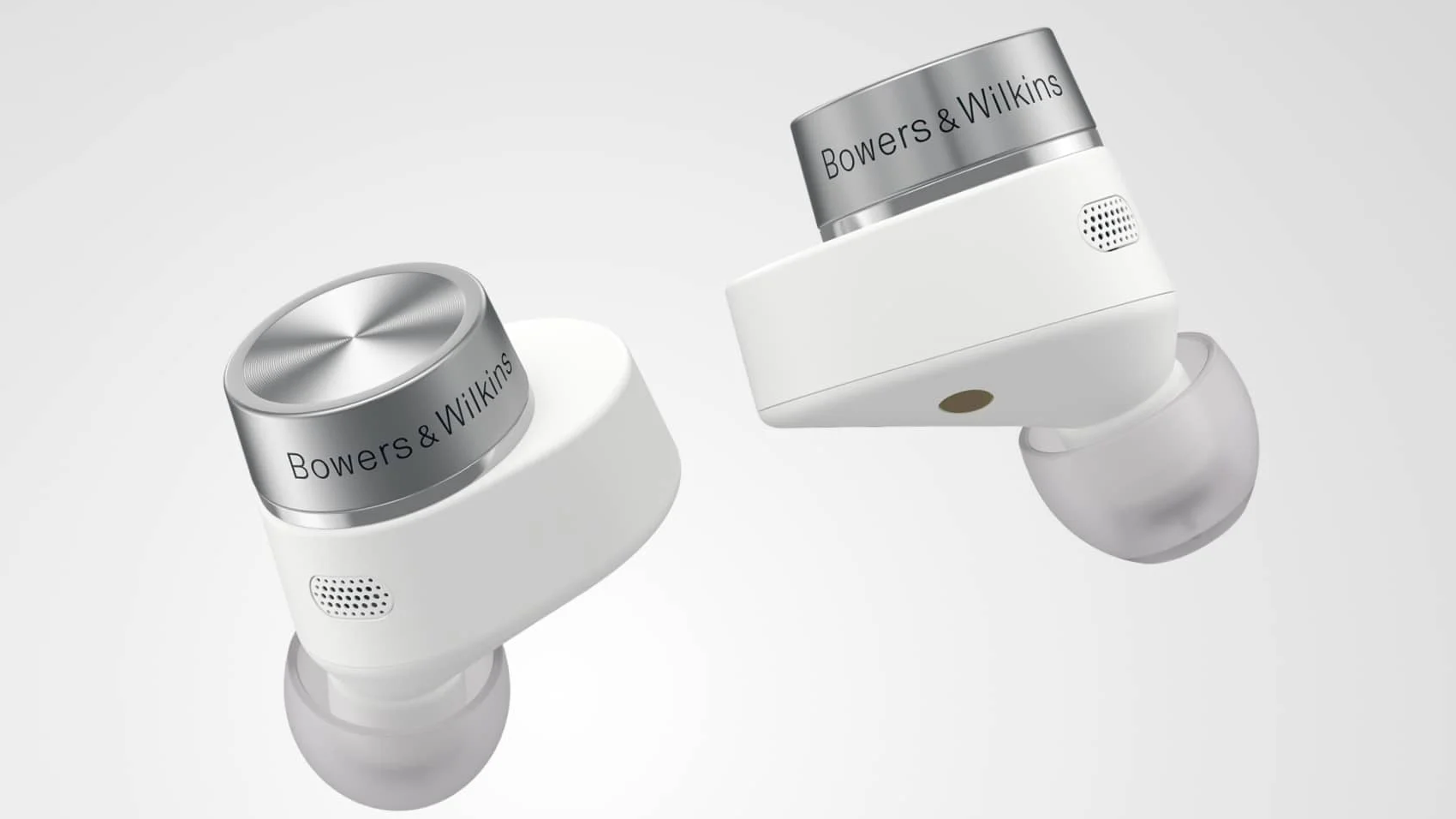
Just like the product they replace, the PI7 S2 have some areas of genuine sonic expertise - and they’re just about as upmarket in terms of build and finish as the heady price tag demands. It’s around the edges of performance, though - especially where battery life and noise-cancellation (ANC) are concerned - that they start to look just a little optimistically priced.
-
+
Articulate, expansive and entertaining sound
-
+
Impressively built and finished
-
+
Much-improved Bluetooth stability
-
-
Ordinary powers of noise-cancellation
-
-
Equally ordinary battery life
-
-
Unblinkingly expensive
Why you can trust T3

How do you make your pair of best true wireless in-ear headphones catch the eye in a marketplace that’s already packed to capacity? Well, you could always price them in excess of almost every credible alternative… that makes them stand out, doesn’t it?
To be fair, the new Bowers & Wilkins PI7 S2 don’t cost any more than the outgoing (and T3 Award-winning, I might add) B&W PI7 cost when they first launched - but that doesn't do anything to make them seem any more affordable.
So what exactly is the British audio savant offering in exchange for all your money - and are the Bowers & Wilkins PI7 S2 in contention to be crowned as the king of true wireless earbuds in 2023?
Bowers & Wilkins PI7 S2: Price & Availability
The Bowers & Wilkins PI7 S2 are on sale now. In the United Kingdom they go for a not-inconsiderable £349. That translates to an equally hefty $399 in the United States, while in Australia you’ll need to cough up AU$649.
PI7 S2 ownership, it’s all too clear, is not to be rushed into thoughtlessly. Mind you, it’s not as if they’re the only true wireless earbuds around that sell for properly big money - Bang & Olufsen wants the same amount for its Beoplay EX, and Final Audio is similarly bold where its ZE8000 are concerned.
When you consider that hitters as big as Bose and Sony aren’t asking this much for their range-topping true wireless earbuds, though, the PI7 S2 are going to have to get pretty much everything right if they’re going to make a case for themselves.
Bowers & Wilkins PI7 S2: Features & What's New?
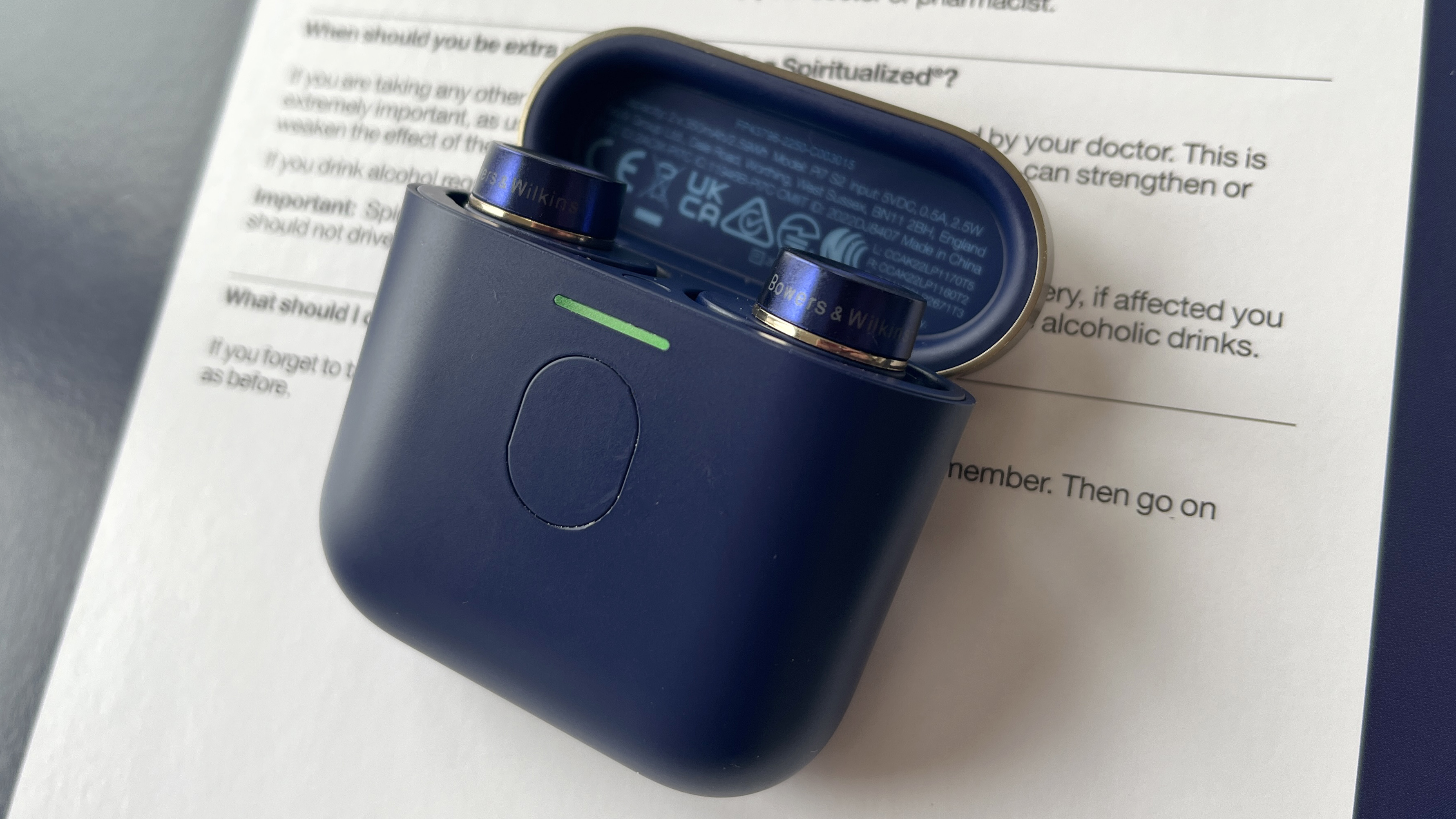
As far as ‘new’ is concerned, there’s not an awful lot to report on here - the PI7 S2 are, in almost every respect, very similar indeed to the product they replace. Given that the original PI7 was a high-achieving and pretty well-regarded pair of true wireless in-ear headphones, that’s not automatically a bad thing - but it does make one wonder (just a little) exactly what Bowers & Wilkins has been up to.
The most obvious changes concern wireless connectivity and battery life. The PI7 S2 still enjoy Qualcomm’s aptX Adaptive Bluetooth connectivity - it promises seamless audio/video synchronisation as well as on-the-fly balancing of signal integrity against signal strength. It also means the PI7 S2 can handle the wireless transmission of high-resolution digital files - transmission between earbuds happens at 24bit/48kHz standard.
But thanks to a redesigned, repositioned antenna in each earbud’s endcap and new, more transparent material for the endcap itself, Bowers & Wilkins is claiming improved wireless stability and a Bluetooth range of 25 metres - double what the original PI7 was capable of.
Battery life, meanwhile, is up from a thoroughly underwhelming four hours in the PI7 to a slightly less humdrum five hours here - that’s a figure that should be judged against the six hours Bose packs into its QuietComfort Earbuds 2, the seven hours contained in Sennheiser’s Momentum True Wireless 3 and the eight hours in Sony’s venerable WF-1000XM4. These are all more affordable options than the Bowers & Wilkins PI7 S2, too - almost all true wireless earbuds are.
Still, at the least the Bowers & Wilkins' charging case is packing another 16 hours or so, and just 15 minutes on the mains power can deliver a couple of hours of playback. And the PI7 S2’s charging case is, like the original, a retransmission device. So plug any source into the case’s USB-C socket and it will wirelessly stream to the earbuds, turning any source into a wireless source. It’s no longer a unique Bowers & Wilkins feature, but it remains a) a rarity and b) a very neat trick indeed.
Otherwise, it’s extremely thoroughly specified business as usual. Each earbud is fitted with a 9.2mm dynamic driver, augmented by a high-frequency balanced armature driver - and all four drive units enjoy their own independent amplification. Each earbud features a three-strong mic array, too, charged with delivering clear call quality and taking care of the adaptive active noise-cancellation.
Bowers & Wilkins PI7 S2: Performance
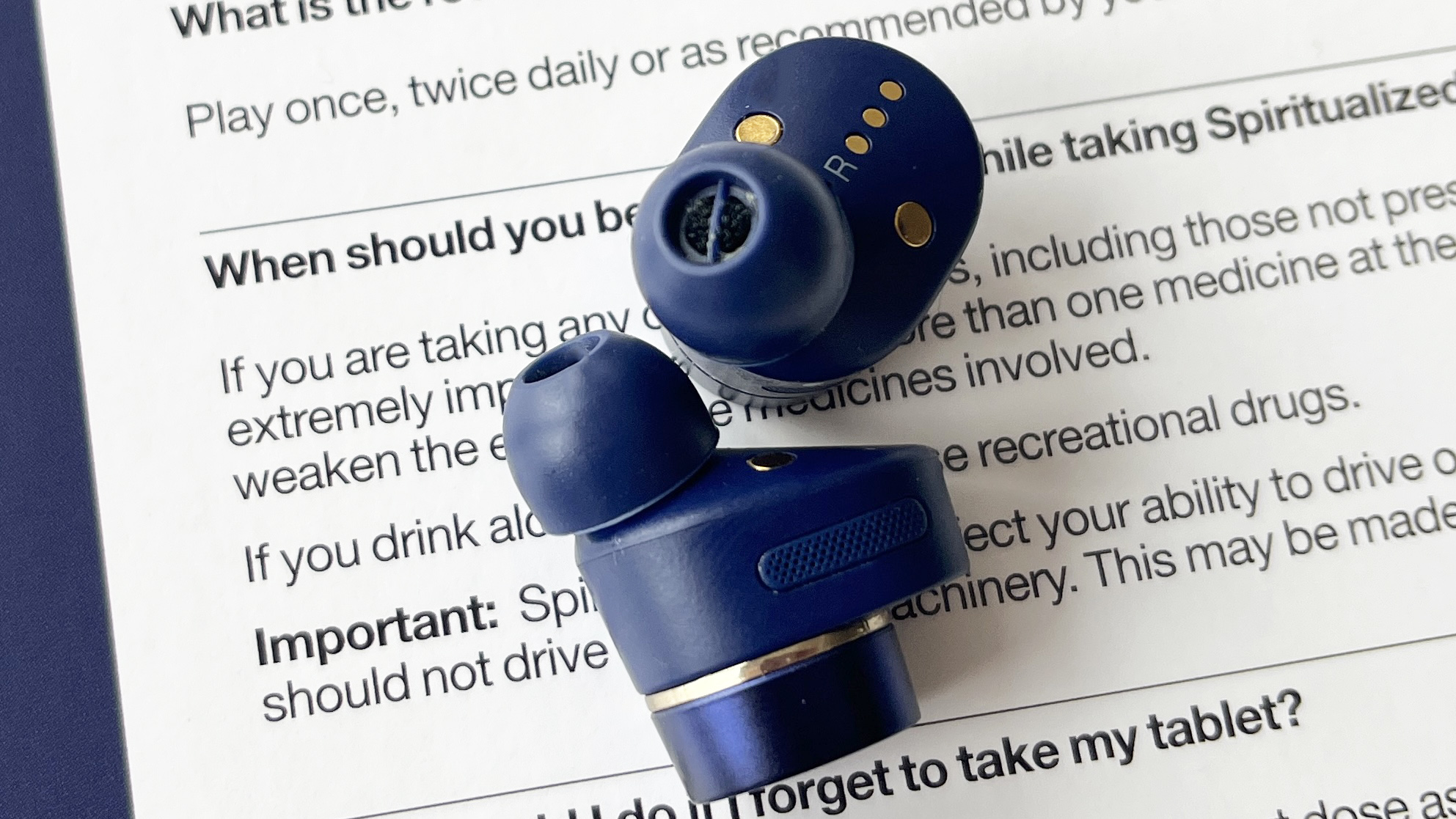
The PI7 had its issues as a product, for sure - but the quality of its sound wasn’t anywhere near the top of that list. So the fact the PI7 S2 sound very, very like the product they replace is an almost entirely positive thing.
Certainly the Bowers & Wilkins seem supremely unconcerned about the sort of music you might like to listen to. From pimply post-punk to full-scale symphony orchestras via mic-and-drum-machine lo-fi grittiness, the PI7 S2 simply roll their sleeves up and pile in.
Low-frequency extension is considerable here, but there’s such straight-edged control to bass sounds that momentum or rhythmic expression is never in doubt. The transition into the midrange is smooth-going-on-indiscernible, and the amount of detail both broad and fine the earbuds deliver makes voices of all kinds sound natural and characterful. It doesn’t do any harm that the Bowers & Wilkins create a large and persuasive soundstage, with more than enough breathing space for every element of a recording (particularly singers occupying the centre of the stage) to stretch out and express itself.
The top of the frequency range is equally detailed and equally well realised - but it’s not absolutely on the same page, tonality-wise, as the rest of the frequency information. It’s just a little brighter, and a little more assertive, than the stuff going on beneath it. That’s not to say it sounds of a different order altogether, and it doesn’t affect the very convincing timing and sense of unity the PI7 S2 deliver, you understand - it’s just that treble sounds have a slightly different emphasis here.
As far as dynamic response is concerned, the news is equally good. The PI7 S2 are almost fanatically attentive to the small harmonic variations apparent in a solo instrument or unaccompanied voice, and they make the broad differences in volume that are apparent in an orchestra when the going gets properly rowdy obvious too.
But as far as out-and-out volume is concerned, the Bowers & Wilkins sound just slightly tentative. No matter the source player driving them (and here we used Android and iOS smartphones as well as a dedicated digital audio player), they’re just not as downright loud as any number of alternative designs. Good news for your hearing in the long term, not such good news in the here and now when you might feel like properly blasting it out.
There’s a similarly ‘good but not great’ feel to the active noise-cancellation that’s on offer here. To be fair, the PI7 S2 do a pretty decent and fairly thorough job of reducing outside sounds to a minimum - and they maintain admirably consistent sound quality as they do so. But when compared to the acknowledged class leader (Bose’s supernatural QuietComfort Earbuds II), there’s more the Bowers & Wilkins could do. If you’re fine with ‘noise reduction’, though - which, let’s be fair, is what almost every alternative design offers too - then the PI7 S2 are competitive.
Bowers & Wilkins PI7 S2: Design & Usability
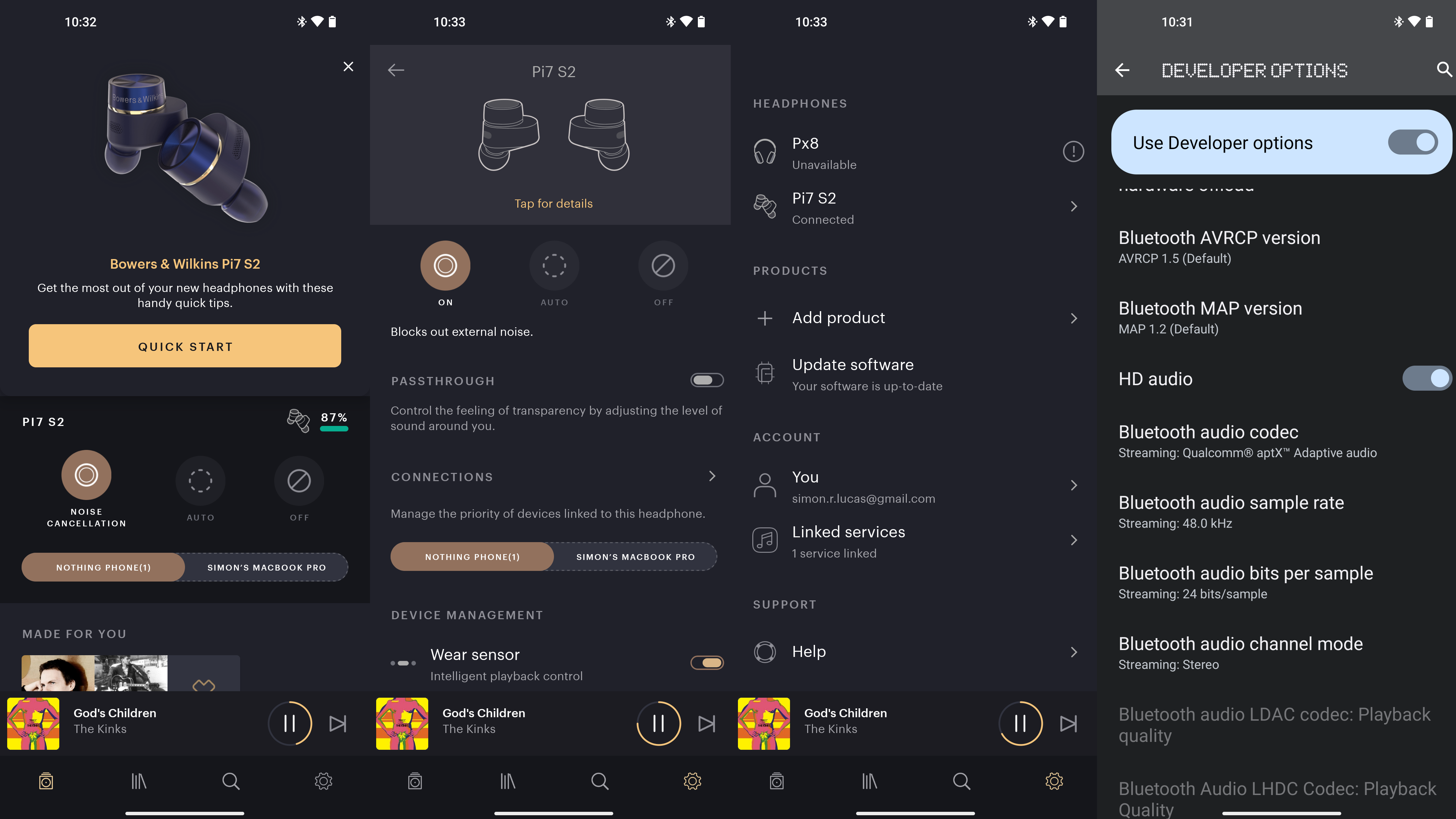
Even the word ‘divisive’ is divisive, isn’t it? There were those who found the design of the original PI7 sufficiently unusual and upmarket to overlook the relative bulk of the earbuds - and there were those who didn’t. There’s a new finish (‘midnight’ blue) available for the PI7 S2, but the basic design of the earbuds hasn’t changed at all. So if you were uncomfortable with the amount of earbud that stood proud of your ear when wearing the original PI7, you’re not going to be any happier now.
There’s no arguing with the quality of build and finish that’s on display here, mind you. It’s not easy making a product that’s by necessity as compact as possible seem expensive or especially sophisticated - but the PI7 S2 look and feel the part.
The Bowers & Wilkins ‘Music’ app isn’t the most comprehensive example of its type, though, but as far adjusting the sort of active noise-cancellation you’re enjoying - ‘on’, ‘off’ or ‘auto’ (which adapts to ambient conditions on the fly to optimise noise-reduction, and has a sliding scale of ‘passthrough’ available to keep you in touch with external occurrences) - it’s useful.
It’s handy for integrating your favourite music streaming service(s), checking for firmware updates, and taking care of the basics of playback (although it’s worth pointing out the ‘volume up/down’ slider is the bluntest of instruments). The app is clean, reasonably stable and acceptably straightforward to operate - which is about all you can reasonably ask of an app that doesn’t say ‘Sonos’ or ‘Sony’ on it somewhere.
Interaction with your source player’s voice assistant is rapid and reliable - the six-mic line-up proves its worth here as surely as it does when dealing with active noise-cancellation. Call quality, too, is excellent at either end of the conversation.
A capacitive touch-surface on each endcap also offers some user control. ‘Play/pause’, ‘skip forwards/backwards’, ‘answer/end/reject call’ and ‘summon voice assistant’ are all available. There’s no facility for adjusting volume, though, which feels as big an omission here as it is in every other pair of true wireless earbuds that go without it.
B&W PI7 S2 review: Verdict
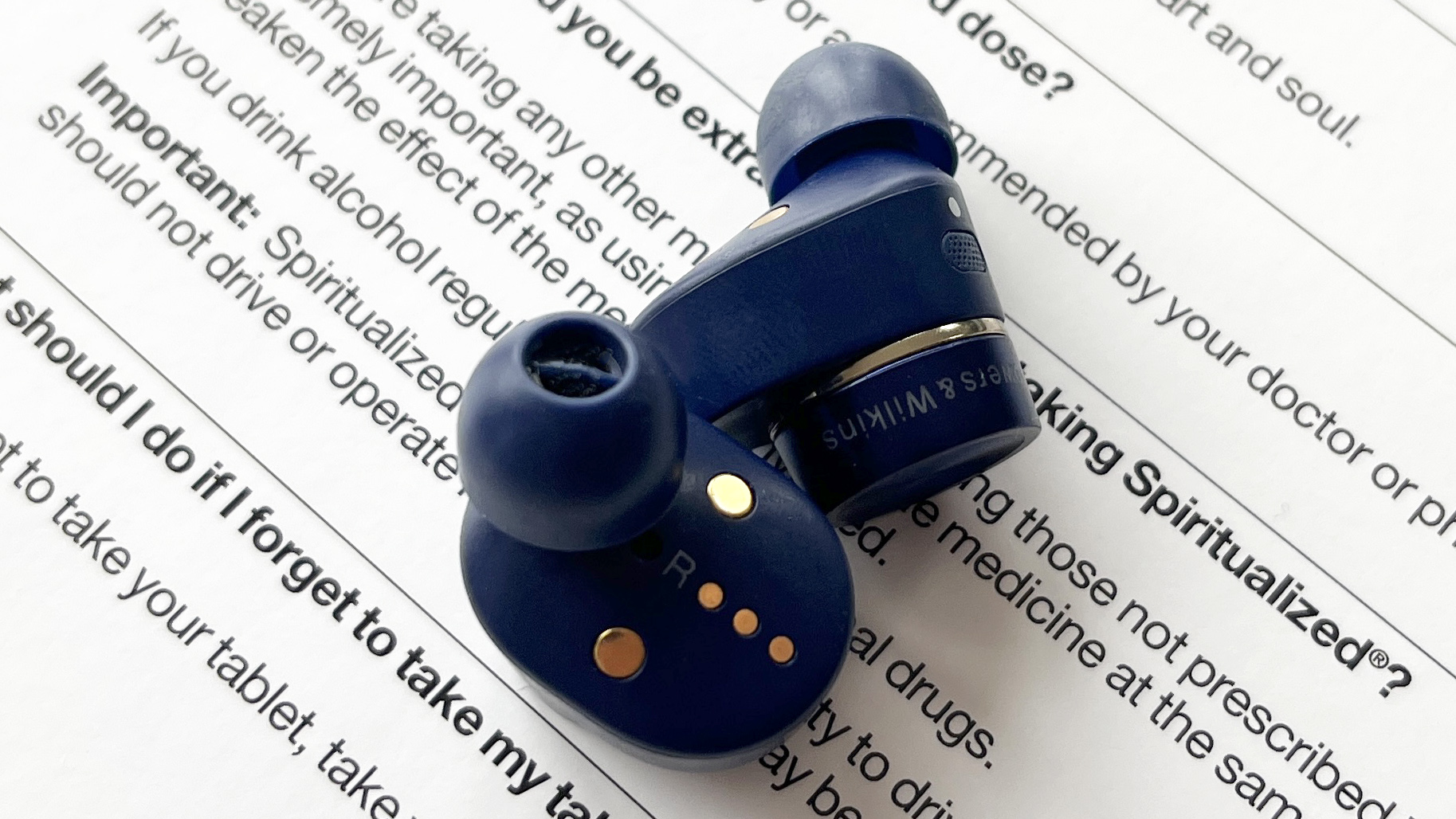
If you want good-looking, well-made and great-sounding true wireless earbuds, the Bowers & Wilkins PI7 S2 definitely fit the bill.
As far as out-and-out sound quality is concerned, they’ll keep you entertained for just as long as you keep listening to them.
But (minor) issues around noise-cancelling and battery life, as well as the (not at all minor) issue of the asking price, prevent them from being any kind of default choice.
Also consider
Despite going without any fancy Bluetooth codec compatibility, the Bose QuietComfort Earbuds 2 manage to sound deeply convincing - and they are, without doubt, the most effective earbuds around when it comes to noise-cancellation. And right now they’re yours for a whole £100 less than the PI7 S2 - a not-insignificant sum, you’ll agree…
Sign up to the T3 newsletter for smarter living straight to your inbox
Get all the latest news, reviews, deals and buying guides on gorgeous tech, home and active products from the T3 experts
Simon Lucas is a freelance technology journalist and consultant, with particular emphasis on the audio/video aspects of home entertainment. Before embracing the carefree life of the freelancer, he was editor of What Hi-Fi? magazine and website – since then, he's written for titles such as Wired, Metro, the Guardian and Stuff, among many others. Should he find himself with a spare moment, Simon likes nothing more than publishing and then quickly deleting tweets about the state of the nation (in general), the state of Aston Villa (in particular) and the state of his partner's cat.
-
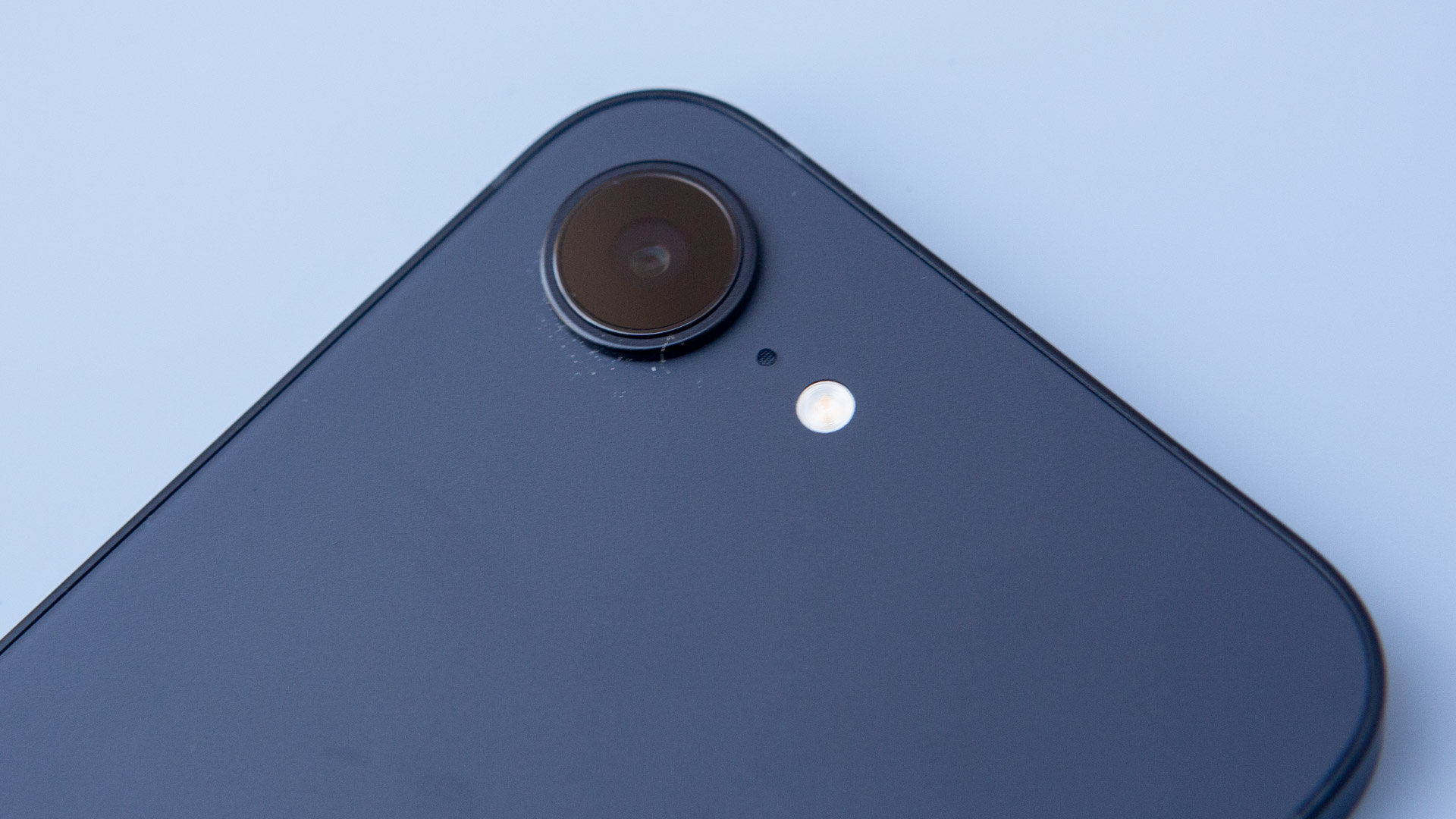 Leaked iPhone Fold pricing suggests it will be fighting an uphill battle from the start
Leaked iPhone Fold pricing suggests it will be fighting an uphill battle from the startIt looks set to be the most expensive foldable phone
By Sam Cross Published
-
 Final’s wireless gaming buds are a low-lag power-up for players
Final’s wireless gaming buds are a low-lag power-up for playersThese wireless buds deliver better-than-Bluetooth gaming performance
By Carrie Marshall Published
-
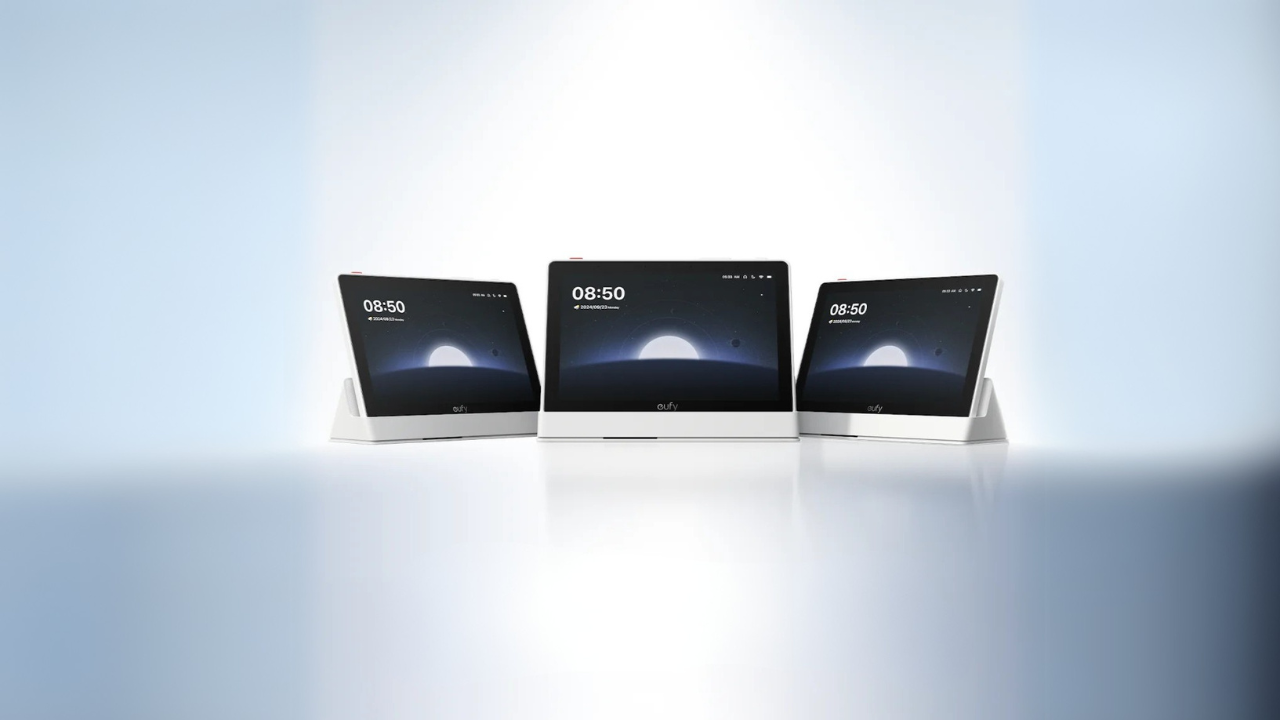 Is Eufy about to unveil its first-ever smart home display?
Is Eufy about to unveil its first-ever smart home display?Here's everything we know so far
By Lizzie Wilmot Published